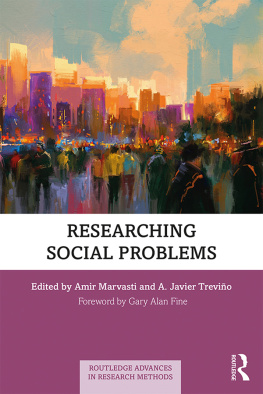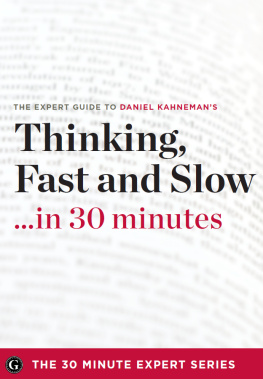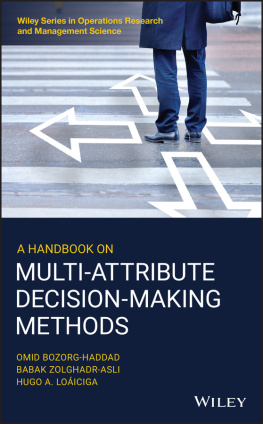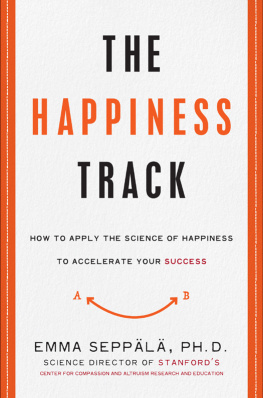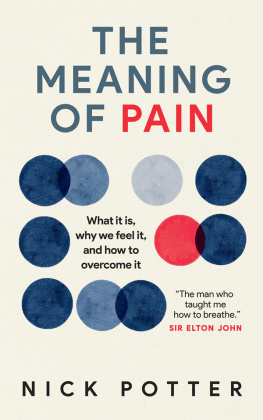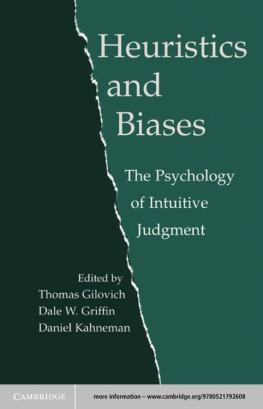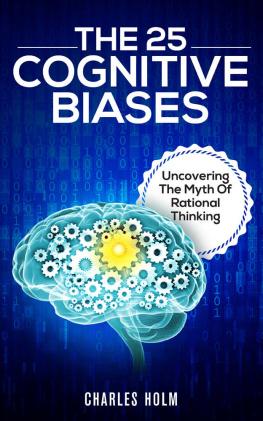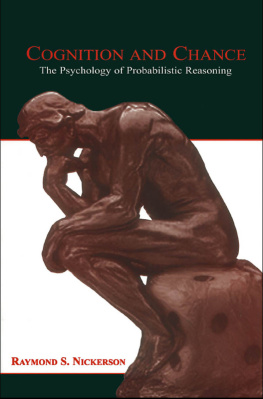Judgment under uncertainty:
Heuristics and biases
Judgment under uncertainty: Heuristics and biases
Edited by
Daniel Kahneman
University of British Columbia
Paul Slovic
Decision Research
A Branch of Perceptronics, Inc.
Eugene, Oregon
Amos Tversky
Stanford University

CAMBRIDGE UNIVERSITY PRESS
Cambridge, New York, Melbourne, Madrid, Cape Town,
Singapore, So Paulo, Delhi, Tokyo, Mexico City
Cambridge University Press
32 Avenue of the Americas, New York ny 10013-2473, USA
www.cambridge.org
Information on this title: www.cambridge.org/9780521240642
Cambridge University Press 1982
This publication is in copyright. Subject to statutory exception and to the provisions of relevant collective licensing agreements, no reproduction of any part may take place without the written permission of Cambridge University Press.
First published 1982
24th printing 2008
Printed in the United States of America
A catalogue record for this publication is available from the British Library.
Library of Congress Cataloging in Publication Data
ISBN 978-0-521-28414-1 Paperback
Cambridge University Press has no responsibility for the persistence or accuracy of URLs for external or thirdparty internet websites referred to in this publication, and does not guarantee that any content on such websites is, or will remain, accurate or appropriate.
Contents
Amos Tversky and Daniel Kahneman
Amos Tversky and Daniel Kahneman
Daniel Kahneman and Amos Tversky
Daniel Kahneman and Amos Tversky
Maya Bar-Hillel
Amos Tversky and Daniel Kahneman
Richard E. Nisbett, Eugene Borgida, Rick Crandall, and Harvey Reed
Amos Tversky and Daniel Kahneman
Lee Ross and Craig A. Anderson
Amos Tversky and Daniel Kahneman
Amos Tversky and Daniel Kahneman
Michael Ross and Fiore Sicoly
Shelley E. Taylor
Daniel Kahneman and Amos Tversky
Dennis L. Jennings, Teresa M. Amabile, and Lee Ross
Ellen J. Langer
Loren J. Chapman and Jean Chapman
David M. Eddy
Hillel J. Einhorn
Stuart Oskamp
Marc Alpert and Howard Raiffa
Sarah Lichtenstein, Baruch Fischhoff, and Lawrence D. Phillips
Baruch Fischhoff
John Cohen, E. J. Chesnick, and D. Haran
Ward Edwards
Charles F. Gettys, Clinton Kelly III, and Cameron R. Peterson
Yaacov Trope
Robyn M. Dawes
Max Singer
Daniel Kahneman and Amos Tversky
Baruch Fischhoff
Richard E. Nisbett, David H. Krantz, Christopher Jepson, and Geoffrey T. Fong
Paul Slovic, Baruch Fischhoff, and Sarah Lichtenstein
Daniel Kahneman and Amos Tversky
Daniel Kahneman and Amos Tversky
Contributors
Marc AlpertGraduate School of Business Administration, Harvard University
Teresa M. AmabileDepartment of Psychology, Brandeis University
Craig A. AndersonDepartment of Psychology, Stanford University
Maya Bar-HillelDepartment of Psychology, The Hebrew University, Jerusalem
Eugene BorgidaDepartment of Psychology, University of Minnesota
Jean ChapmanDepartment of Psychology, University of Wisconsin
Loren J. ChapmanDepartment of Psychology, University of Wisconsin
E. I. ChesnickDepartment of Psychology, University of Manchester, England
John CohenDepartment of Psychology, University of Manchester, England
Rick CrandallUniversity of Illinois, Champaign-Urbana
Robyn M. DawesDepartment of Psychology, University of Oregon
David M. EddyCenter for the Study of Health and Clinical Policy, Duke University
Ward EdwardsSocial Science Research Institute, University of Southern California
Hillel J. EinhornCenter for Decision Research, University of Chicago
Baruch FischhoffDecision Research, A Branch of Perceptronics, Inc., Eugene, Oregon
Geoffrey T. FongInstitute for Social Research, University of Michigan
Charles F. GettysDepartment of Psychology, University of Oklahoma
D. HaranDepartment of Psychology, University of Manchester, England
Dennis L. JenningsDepartment of Psychology, New York University
Christopher JepsonInstitute for Social Research, University of Michigan
Daniel KahnemanDepartment of Psychology, University of British Columbia
Clinton Kelly IIIAdvanced Research Projects Agency, Arlington, Virginia
David H. KrantzBell Laboratories, Murray Hill, New Jersey
Ellen J. LangerDepartment of Psychology, Harvard University
Sarah LichtensteinDecision Research, A Branch of Per Centronics, Inc., Eugene, Oregon
Richard E. NisbettInstitute for Social Research, University of Michigan
Stuart OskampDepartment of Psychology, Claremont Graduate School
Cameron R. PetersonDecisions & Designs, Inc., McLean, Virginia
Lawrence D. PhillipsDecision Analysis Unit, Brunel University
Howard RaiffaGraduate School of Business Administration, Harvard University
Harvey ReedDepartment of Psychology, University of Michigan at Dearborn
Lee RossDepartment of Psychology, Stanford University
Michael RossDepartment of Psychology, University of Waterloo, Ontario
Fiore SicolyDepartment of Psychology, University of Waterloo, Ontario
Max SingerHudson Institute, Arlington, Virginia
Paul SlovicDecision Research, A Branch of Perceptronics, Inc., Eugene, Oregon
Shelley E. TaylorDepartment of Psychology, University of California, Los Angeles
Yaacov TropeDepartment of Psychology, The Hebrew University, Jerusalem
Amos TverskyDepartment of Psychology, Stanford University
_____________
Asterisk indicates affiliation when article was originally published.
Preface
The approach to the study of judgment that this book represents had origins in three lines of research that developed in the 1950s and 1960s: the comparison of clinical and statistical prediction, initiated by Paul Meehl; the study of subjective probability in the Bayesian paradigm, introduced to psychology by Ward Edwards; and the investigation of heuristics and strategies of reasoning, for which Herbert Simon offered a program and Jerome Bruner an example. Our collection also represents the recent convergence of the study of judgment with another strand of psychological research: the study of causal attribution and lay psychological interpretation, pioneered by Fritz Heider.
Meehls classic book, published in 1954, summarized evidence for the conclusion that simple linear combinations of cues outdo the intuitive judgments of experts in predicting significant behavioral criteria. The lasting intellectual legacy of this work, and of the furious controversy that followed it, was probably not the demonstration that clinicians performed poorly in tasks that, as Meehl noted, they should not have undertaken. Rather, it was the demonstration of a substantial discrepancy between the objective record of peoples success in prediction tasks and the sincere beliefs of these people about the quality of their performance. This conclusion was not restricted to clinicians or to clinical prediction: Peoples impressions of how they reason, and of how well they reason, could not be taken at face value. Perhaps because students of clinical judgment often used themselves and their friends as subjects, the interpretation of errors and biases tended to be cognitive, rather than psychodynamic: Illusions, not delusions, were the model.
Next page

